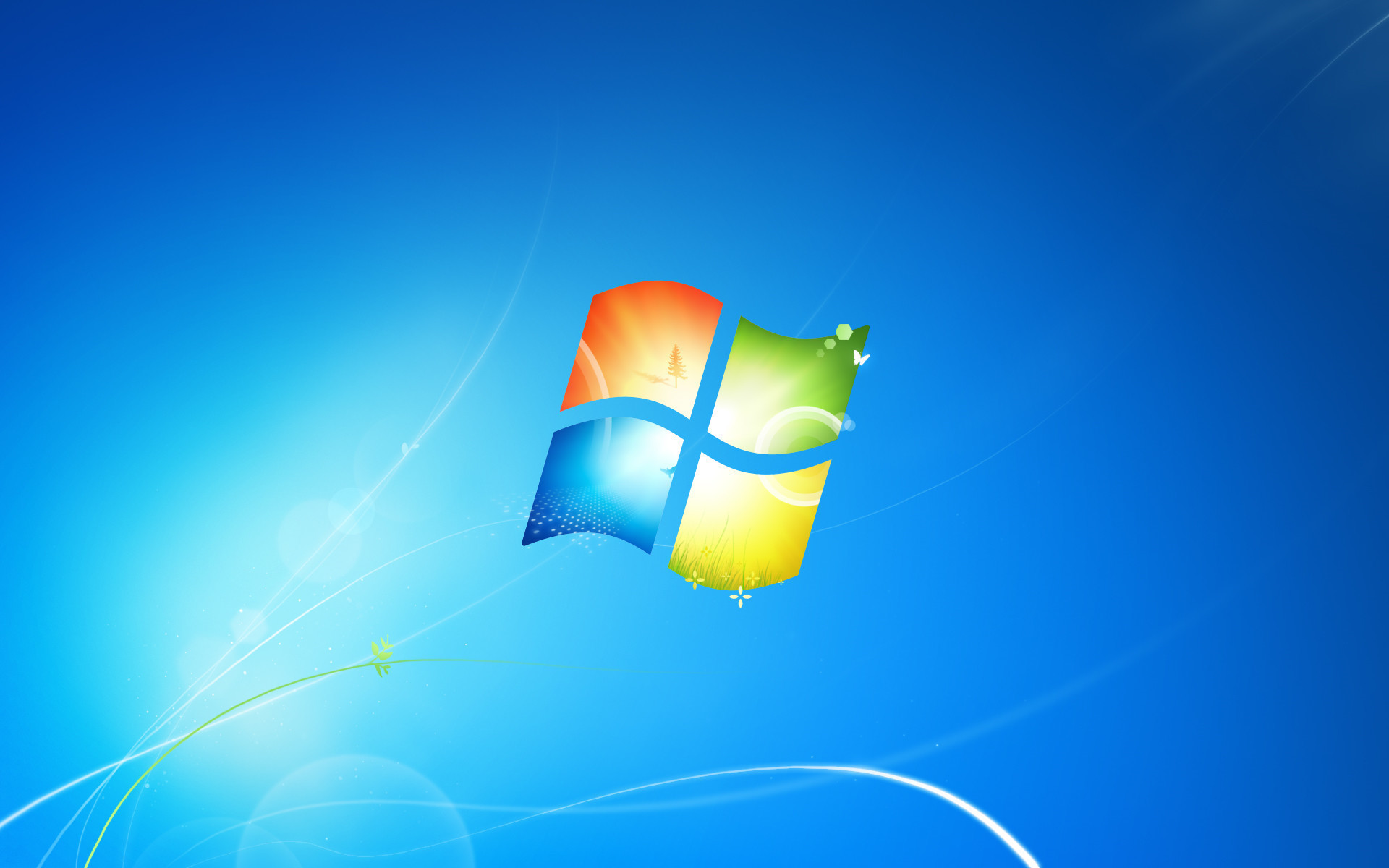After January 14, 2020, Microsoft will no longer provide support for PCs running Windows 7. What does this mean for your business? Is it really curtains for Windows 7?
The planned end of life does mean that you really should migrate your systems from Windows 7 as there will be no further security updates for the operating system, so if you continue to use Windows 7, your IT system could be open to hackers who will exploit any weakness they can identify. And cyber criminals will be looking out for and targeting businesses that stay with Windows 7. Windows 7 is based on old technology and the more up-to-date systems will benefit your business, as well as providing a greater level of security.
What are the options to migrate away from Windows 7? Is moving to Windows 10 the only route? How can you future-proof your IT system to ensure you have a cost-effective platform to support future growth?
Designed with business in mind
The Microsoft environment is designed for businesses and provides a suitable platform for future expansion based on the Office suite of products. Most modern business applications are created for the Windows 10 operating system, so again, it makes sense to adopt the standard platform and migrate to Windows 10.
Windows 7 is coming up for its 10th birthday and IT systems have progressed significantly since 2009. Windows 10 offers much more functionality and enables greater collaboration and sharing of data for improved efficiency. Microsoft provides regular security updates for Windows 10 and improves functionality on a regular basis as part of the upgrade programme. This process will help to keep your system working at optimum levels and deliver the reliability and efficiency that your business needs.
Hardware considerations
If your business has been using Windows 7 for a long time, it’s also likely that it’s running on ageing hardware and we recommend that in order to gain maximum benefit from moving to Windows 10, you should also upgrade your PCs. This may appear to be an additional expense for the business but generally, we recommend upgrading the hardware that you use day-in, day-out every 3-5 years in order to keep the system running at optimum levels.
Insurance protection
There is another consideration that you may not have thought about, which relates to insurance. If you have taken out a policy to protect you against cyber-attacks, that insurance will expect you to use hardware, software and operating systems that are up-to-date and are supported by the service provider. Once Windows 7 ceases to be supported by Microsoft, this will invalidate your IT insurance.
It’s an opportunity, not a challenge
Instead of posing a business challenge, the end of Windows 7 could actually help your business in the long-term. You could view the imperative need to move away from an obsolete operating system as an opportunity to review your IT strategy to ensure that the IT system supports your longer term business goals. Take some time to map out where you want your business to be in 5-10 years’ time. If you incorporate your IT strategy into your overall business strategy, this will help you to develop a smoother strategic path that will ultimately help you to achieve your overall objectives. For more information and advice on how to develop the optimum IT strategy for your business, contact us.

